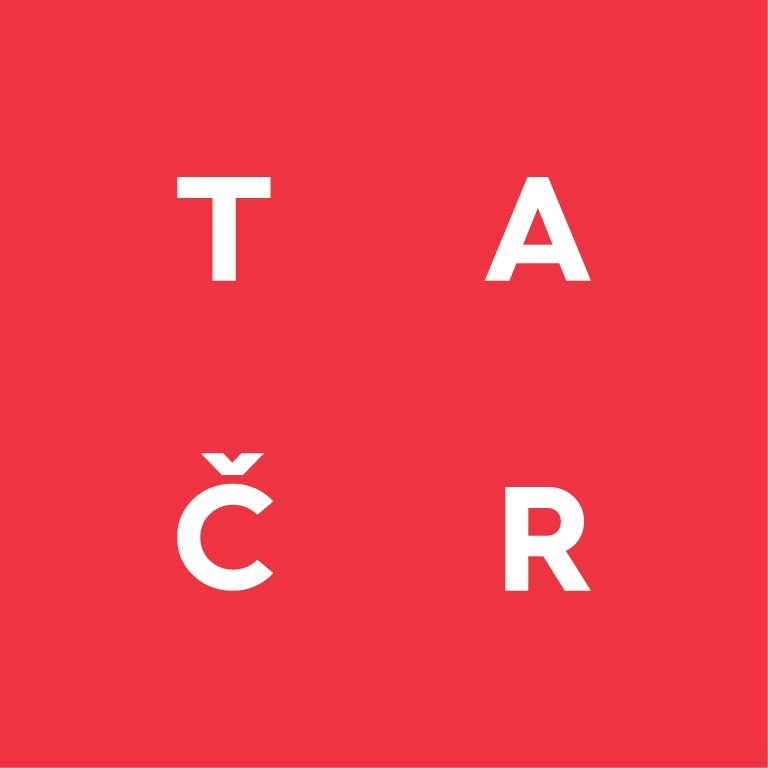This website uses cookies so that we can provide you with the best user experience possible. Cookie information is stored in your browser and performs functions such as recognising you when you return to our website and helping our team to understand which sections of the website you find most interesting and useful.
Vyhledávání
Technology development
The NCC for MATCA focuses on developing three main technologies as mastering these will have strategic importance from economic and security perspectives:
- Additive technology (3D printing)
- Plasma technology
- Lasers and optics
At the same time the Centre develops and links follow-up topics that include traditional ones but also the emerging ones which are gradually gaining significance.
- Materials research
- Computer simulations
- Analytical methods
- Digitalisation

Applied research in the aforementioned areas is undertaken either as part of the MATCA’s sub-projects or within other programmes supported by the Technology Agency of the Czech Republic, by other providers or as contractual research.
However the Centre’s research effort includes a much wider range of activities than applied research. Particular emphasis here is placed mainly on intensive development of basic research that provides deep knowledge of the physical phenomena which form the basis of the applications. Due to this double focus, the NCC for MATCA covers the whole research process, including the description of the physical foundations, unique patent registrations, the ability to design turn-key technologies, building prototypes or acquiring certification for completed instruments in cooperation with the other partners.
Building relationships inside and outside the Centre
The Centre is very efficient in helping build and strengthen relationships among institutions. We are seeking to build relationships between member institutions at four stages:
- We make regular presentations about the opportunities for and the needs of individual entities at General Meetings or within individual member institutions in order to establish new relationships.
- We hold separate meetings to identify future cooperation and project outputs based on overlapping topics and interests.
- We strengthen the existing relationships by cooperating on MATCA sub-projects or other grant or contractual projects.
- We strive to ensure effective collaboration and create a personal network within the participating institutions.

The Centre is open to cooperation involving non-member institutions. We commonly enter into negotiations with external parties interested in acquiring services from the NCC for MATCA. Since its establishment in 2019, the Centre has successfully admitted five new consortium members, which may serve as a proof of non-member institutions’ interest in joining the consortium as well as of our openness to admitting new members.
Societal development
Further, no less important activities undetaken by the NCC for MATCA include societal development targeting the general public and the scientific community. Since the Centre’s inception, the NCC for MATCA members have managed to organize two international scientific conferences.
- 3Dtrends 2018 for additive technologies, and
- Piezo 2019 for materials research
The Centre’s activities include regular awareness-raising activities to enhance public understanding of science and innovation. Another important mission of the Centre is working with university as well as secondary school students.

 The NCK for MATCA is supported by the
The NCK for MATCA is supported by the